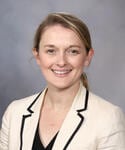Curriculum
Clinical training
During the Advanced Lung Disease and Lung Transplant Fellowship, you acquire skills in patient diagnosis and management, procedural techniques, teaching, and research.
Rotation schedule
This is a typical rotation schedule:
| Rotation | Length |
|---|---|
| Lung transplant (outpatient) | 12 weeks |
| Inpatient lung transplant | 12 weeks |
| Lung transplant/ECMO/ex-vivo lung perfusion at Mayo Clinic in Jacksonville, Florida | 4 weeks |
| ECMO / Transplant ICU | 2-4 weeks |
| Pulmonary hypertension | 1-2 weeks |
| HLA/laboratory medicine | 1 week |
| Anatomic pathology | 2 weeks |
| Transplant infectious diseases | 2-4 weeks |
| Research | 8-12 weeks |
| Electives | 2-4 weeks |
Elective rotations in thoracic surgery, cardiovascular surgery, interstitial lung disease clinic, chronic obstructive lung disease clinic, cystic fibrosis, and adult congenital heart disease are also available.
Didactic training
Didactic training is an integral part of the Advanced Lung Disease and Lung Transplant Fellowship. One-on-one instruction while rotating is an integral part of your fellowship education. In addition, you will attend the following:
- Transplant core curriculum series
- Monthly lung histopathology conference
- Monthly lung transplant case conference
- Weekly transplant grand rounds
- Biannual heart and lung transplant retreats
- Small discussion groups at weekly selection conferences and weekly list review
- Quarterly lung transplant journal club
Research training
Over the last decade, Mayo Clinic staff and fellows have presented hundreds of publications and talks at national and international meetings. Mayo Clinic is renowned for its leadership role in the transplantation of patients with a variety of lung diseases.
Each fellow has an opportunity to conduct a minimum of three months of research under the supervision of a mentor within a broad spectrum of projects in clinical investigation and basic science research.
What research topics are faculty and fellows currently working on?
Faculty research topics
|
|
I am interested in lung transplant outcomes and risk prediction research. Currently, I am using machine learning to predict which lung transplant recipients are at high risk for invasive fungal disease. Kelly Pennington, M.D. |
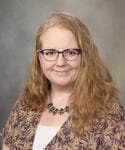 |
I am interested in research on frailty, obesity, and psychosocial and emotional factors for patients with lung and/or heart transplants as well as end-stage lung disease. My goals are to identify both risk factors and effective interventions to improve such risk factors, thereby improving transplant outcomes and candidate selection. Cassie Kennedy, M.D. |
.jpg) |
My research and clinical interest are in optimizing patient access to and clinical outcomes in lung transplant recipients through developing evidence-based protocols that enhance patient survival and quality of life. This includes quality improvement initiatives in expanding access to lung transplantation by identifying systemic barriers and participating in national clinical trials aimed at optimizing immunosuppressive therapy regimens to balance rejection prevention while minimizing adverse effects.
Yuka Furuya, M.D. |
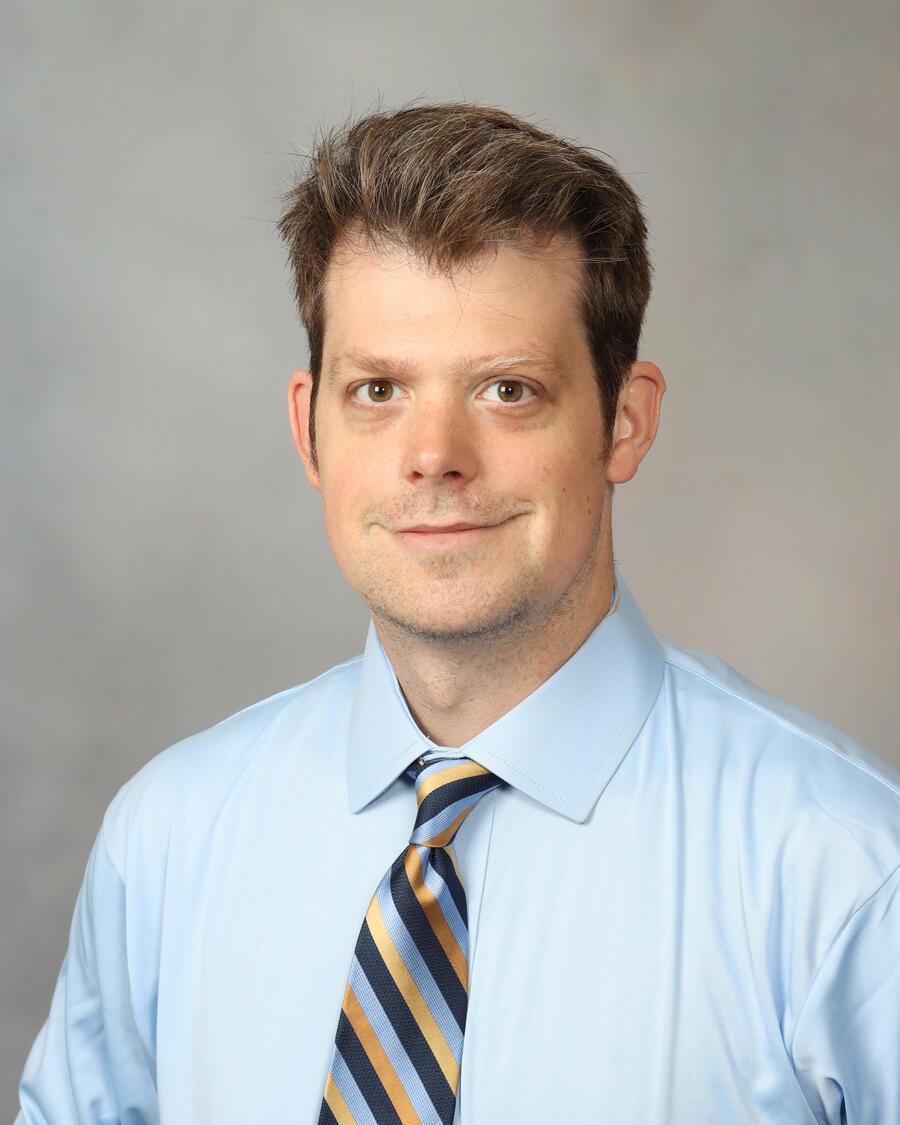 |
I am the principal investigator for a pragmatic randomized controlled trial we are doing here in the Mayo Lung Transplant Program comparing small cryobiopsy probes to traditional biopsy robes looking for improvements in biopsy yield in a transplant context, safety, and tolerance of the cryobiopsy.
John Joerns, M.D.
|
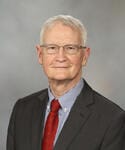 |
I am interested in the pathogenesis of chronic rejection as well as the cardiopulmonary interactions with both lung and heart-lung transplants. J.P. Scott, M.D. |
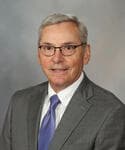 |
I am interested in complications of lung transplantation, pulmonary, and critical care complications of solid organ and hematopoietic stem cell transplantation, and applied clinical informatics in improving quality and value. Steve Peters, M.D. |
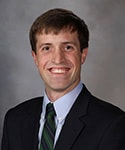 |
My research interests focus on improving outcomes after lung transplantation, with a particular interest in respiratory physiology and post-transplant lung allograft function. I am working on projects to identify and modify factors that affect baseline lung function after transplant, leading to baseline lung allograft dysfunction (BLAD). Additional research interests include investigating the effects of immunologic (e.g donor-specific antibodies), cardiac (e.g. diastolic dysfunction), and infectious (e.g. invasive mold infections) factors on short-term and long-term outcomes in lung transplantation. Brad White, M.D. |
Moonlighting
This one-year fellowship is dedicated to focused training and research in advanced lung disease and lung transplant. Therefore, any moonlighting activities require discussion with and approval from the program director.
Evaluation
To ensure that you gain proficiency and develop the corresponding technical skills, your performance is monitored throughout the fellowship. You are formally evaluated by your supervising faculty member after completing each clinical rotation, and you will meet with the program director quarterly to review these evaluations. In addition, you will regularly have the opportunity to evaluate the faculty to ensure that your educational goals are being met.
